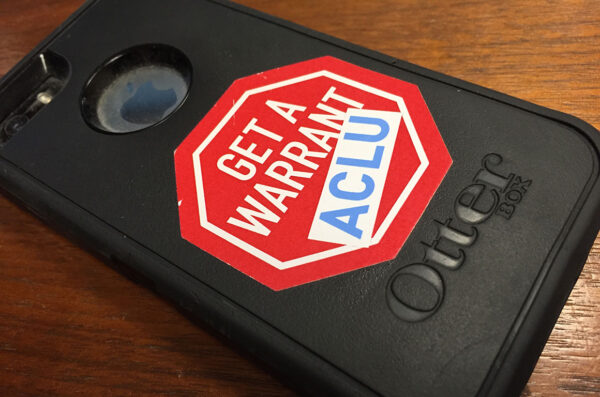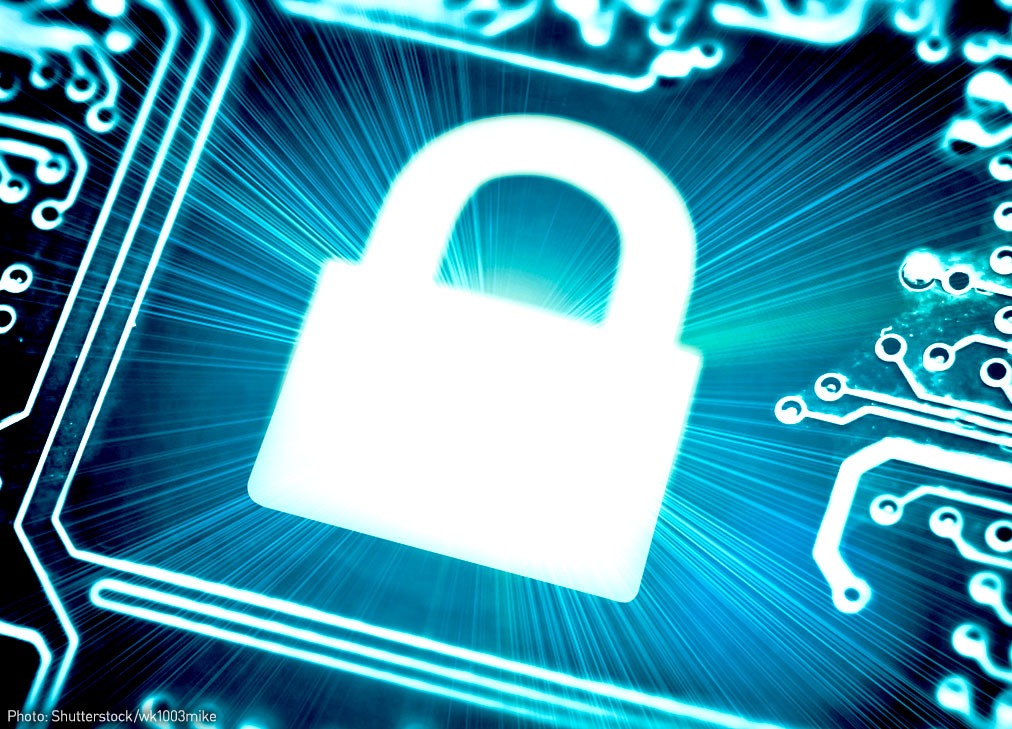Internet Privacy
Sarkar v. Doe - PubPeer Subpoena Challenge
The Ó◊” ”∆µfiled a motion in Michigan state court challenging the constitutionality of a subpoena issued to the website PubPeer demanding that it turn over the identities of anonymous commenters. In March 2015, the trial judge ruled that PubPeer had to unmask one ‚Äì but only one ‚Äì of the commenters. Both PubPeer and the researcher appealed, and the ruling was upheld in December 2016.
View Case
Learn About Internet Privacy
All Cases
7 Internet Privacy Cases

California
Feb 2024
Internet Privacy
Privacy & Technology
Netchoice, LLC v. Bonta
This amicus brief highlights the constitutional defects of a California law that purports to protect consumer privacy but is actually an impermissible, content-based regulation of online speech. The brief urges that this law should be struck down while emphasizing that the court should rule narrowly and leave paths open for other consumer privacy laws to withstand First Amendment challenge.
Explore case
California
Feb 2024

Internet Privacy
Privacy & Technology
Netchoice, LLC v. Bonta
This amicus brief highlights the constitutional defects of a California law that purports to protect consumer privacy but is actually an impermissible, content-based regulation of online speech. The brief urges that this law should be struck down while emphasizing that the court should rule narrowly and leave paths open for other consumer privacy laws to withstand First Amendment challenge.

Court Case
May 2023
Internet Privacy
National Security
The Warrant Clause in the Digital Age
The information generated by today‚Äôs digital devices and online services reveals private matters far beyond what one could learn from physical analogs. In a series of legal filings and a white paper, available below, the Ó◊” ”∆µhas argued that to keep apace with technological developments and adequately protect our privacy, the Fourth Amendment's warrant requirement must be interpreted robustly. Seizures and searches of digital data must be cabined to probable cause, limited to specific categories of information relevant to the investigation, and closely overseen by a neutral magistrate.
Explore case
Court Case
May 2023

Internet Privacy
National Security
The Warrant Clause in the Digital Age
The information generated by today‚Äôs digital devices and online services reveals private matters far beyond what one could learn from physical analogs. In a series of legal filings and a white paper, available below, the Ó◊” ”∆µhas argued that to keep apace with technological developments and adequately protect our privacy, the Fourth Amendment's warrant requirement must be interpreted robustly. Seizures and searches of digital data must be cabined to probable cause, limited to specific categories of information relevant to the investigation, and closely overseen by a neutral magistrate.

U.S. Supreme Court
Feb 2023
Internet Privacy
+2 Ó◊” ”∆µ
Twitter, Inc., v. Taamneh
The Supreme Court will decide whether a social media or other platform can be liable for “aiding and abetting” a terrorist attack merely because it failed to adequately block content valorizing terrorism, even where the platform has policies barring terrorist content.
Explore case
U.S. Supreme Court
Feb 2023

Internet Privacy
+2 Ó◊” ”∆µ
Twitter, Inc., v. Taamneh
The Supreme Court will decide whether a social media or other platform can be liable for “aiding and abetting” a terrorist attack merely because it failed to adequately block content valorizing terrorism, even where the platform has policies barring terrorist content.

Court Case
Jan 2020
Internet Privacy
Ó◊” ”∆µv. US Department of Justice
The ACLU, Ó◊” ”∆µof Northern California, Electronic Frontier Foundation, and Stanford Law School‚Äôs Riana Pfefferkorn are petitioning to unseal a secret judicial ruling reportedly holding that the Department of Justice cannot force Facebook to alter Facebook Messenger in order to enable the FBI to conduct wiretaps in an investigation. The petition, initially filed in the Eastern District of California, argues that the First Amendment and common-law require public access to the legal ruling as well as to the docket sheet and certain other portions of the underlying proceeding.
Explore case
Court Case
Jan 2020

Internet Privacy
Ó◊” ”∆µv. US Department of Justice
The ACLU, Ó◊” ”∆µof Northern California, Electronic Frontier Foundation, and Stanford Law School‚Äôs Riana Pfefferkorn are petitioning to unseal a secret judicial ruling reportedly holding that the Department of Justice cannot force Facebook to alter Facebook Messenger in order to enable the FBI to conduct wiretaps in an investigation. The petition, initially filed in the Eastern District of California, argues that the First Amendment and common-law require public access to the legal ruling as well as to the docket sheet and certain other portions of the underlying proceeding.
